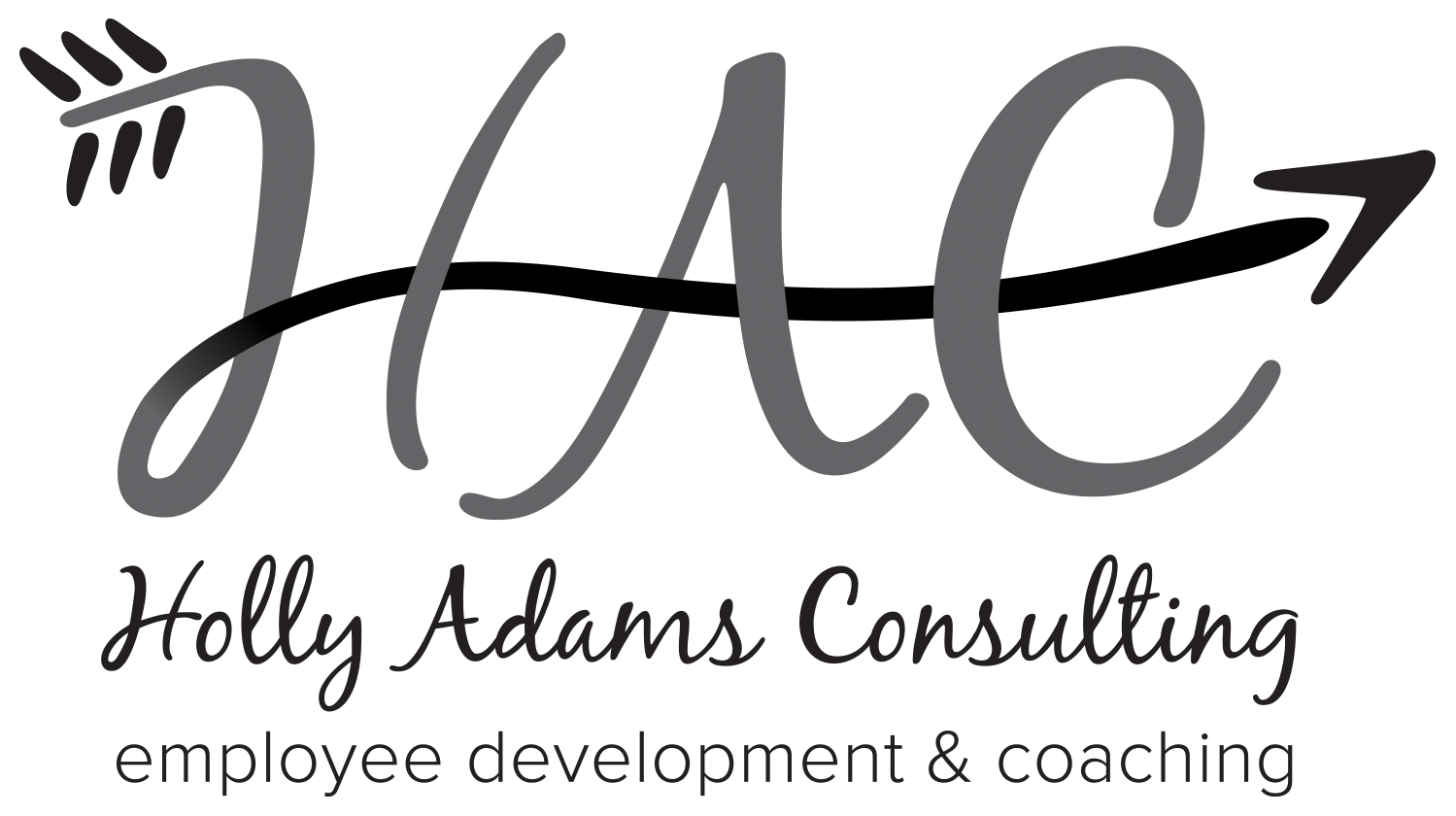We might all be in the same ocean, but we’re all in different boats. This analogy sums up the range of responses I’ve witnessed to the COVID-19 pandemic. While some people are hording toilet paper and staying at home, others spend their workday at the office and shop for groceries without a mask. There’s no point in judging people in either camp, but the range of responses is fascinating to me.
My invitation to you is to embrace the dichotomy of our current situation.
A book that illustrates this beautifully is The Dichotomy of Leadership by Jocko Willink and Leif Babin. The authors—former U.S. Navy SEAL officers and co-founders of the leadership training and consulting firm, Echelon Front—use practical experiences and lessons from their military experience to inform their leadership development teachings. From their perspective “the most difficult—and essential—element of leadership requires finding the balance between opposing forces.” What does this mean? It means that every leader has to balance his or her own responsibility for the things that happen in his or her organization, and empowering his or her employees to take responsibility for their own role in the organization. They have to be disciplined, but not rigid. And they have to plan, but not over plan.
If you’re feeling imbalanced in your leadership role, or in life in general, it’s a great time to review some lessons in dichotomy.
Jocko and Leif share lessons from three areas of management: balancing people, balancing the mission, and balancing yourself. Here is my favorite lesson from each area as it relates to the current pandemic.
People: Be resolute but not overbearing
How? Clearly define priorities for employees and allow more flexibility (if you can) about how and when they work to address those priorities.
The Mission: Hold people accountable, but don’t hold their hands
How? Clarify expectations around performance and invite employees to define the terms around how you’ll be kept updated on their performance. As much as you can, let employees drive the process of accountability.
Yourself: Be humble, not passive
How? Now, more than ever, take the time to acknowledge you can’t do anything alone. Ensure that you’ve checked your ego so you’ll get regular feedback on how things are going.
How can you embrace the dichotomy you are currently facing? Let me know how you’re doing.
-Holly



